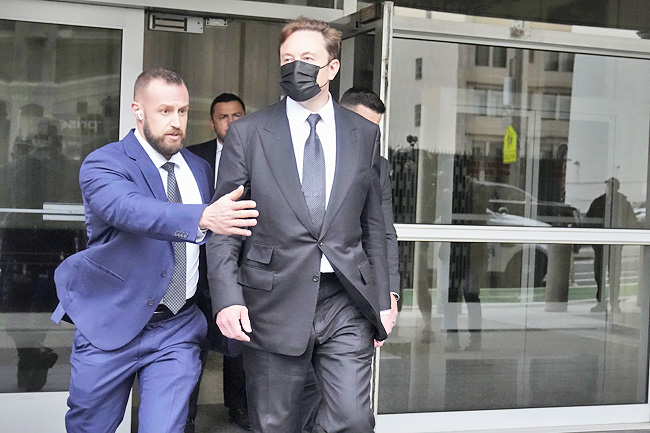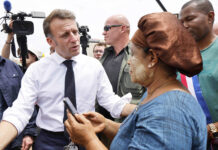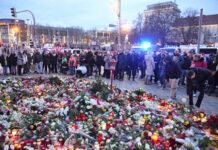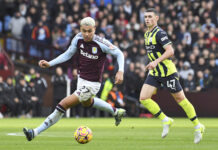SAN FRANCISO (AP) – A jury on Friday decided Elon Musk didn’t defraud investors with his 2018 tweets about electric automaker Tesla in a proposed deal that quickly unravelled and raised questions about whether the billionaire had misled investors.
The nine-member jury reached its verdict after less that two hours of deliberation following a three-week trial. It represents a major vindication for Musk, who spent about eight hours on the witness stand defending his motives for the August 2018 tweets at the centre of the trial.
Musk, 51, wasn’t on hand for the brief reading of the verdict but he made a surprise appearance on Friday for closing arguments that drew starkly different portraitsof him.
Not long after the verdict came down, Musk took to Twitter – the bully pulpit he now owns – to celebrate.
“Thank goodness, the wisdom of the people has prevailed!”
Musk tweeted.
Musk’s decision to break away from his other responsibilities to sit in on the closing arguments even though he didn’t have to be there may have had an impact on the jurors, said Michael Freedman, a former federal prosecutor who is now in private practice working for a law firm that has represented celebrities and business executives.

“It shows he has a presence,” Freedman said.
An attorney who represented aggrieved Tesla investors Nicholas Porritt said he was disappointed after urging the jurors in his closing arguments to rebuke Musk for reckless behaviour that threatened to create “anarchy”.
“I don’t think this is the kind of conduct we expect from a large public company,” a downcast Porritt said after discussing the verdict with a few jurors who gathered to talk to him. “People can draw their own conclusion on whether they think it’s OK or not.”
During their discussion with Porritt, the jurors told them they found Musk’s testimony that he believed he had lined up the money from Saudi Arabia’s Public Investment Fund without a written commitment to be credible. They also expressed doubt about whether Musk’s tweeting was the sole reason for the swings in Tesla’s stock price during a 10-day period in August 2018 covered in the case.
The trial pitted Tesla investors represented in a class-action lawsuit against Musk, who is CEO of both the electric automaker and the Twitter service he bought for USD44 billion a few months ago. Shortly before boarding his private jet on August 7, 2018, Musk tweeted that he had the financing to take Tesla private, even though it turned out he hadn’t gotten an iron-clad commitment for a deal that would have cost USD20 billion to USD70 billion to pull off. A few hours later, Musk sent another tweet indicating that the deal was imminent.
Musk’s integrity was at stake at the trial as well part of a fortune that has established him as one of the world’s richest people. He could have been saddled with a bill for billions of dollars in damages had the jury found him liable for the 2018 tweets that had already been deemed falsehoods by the judge presiding over the trial.
That determination, made last year by United States District Judge Edward Chen, left the jury to decide whether Musk had been reckless with his tweeting and acted in a way that hurt Tesla shareholders.



















































